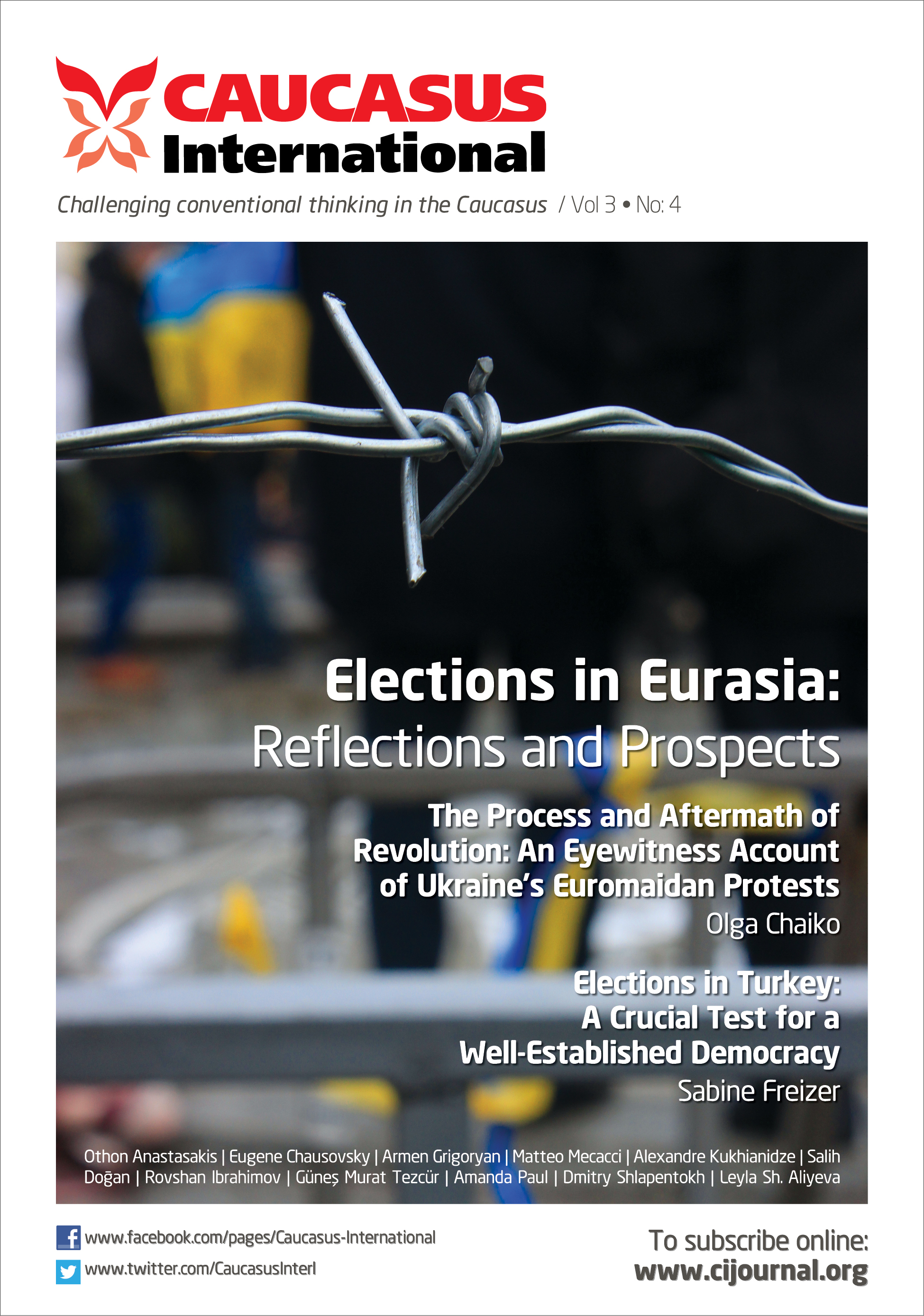Tajikistan, Russia and Migrant Workers
Since the beginning of his third term as president, Putin has promoted the creation of the “Eurasian Union” as one of Russia’s major foreign policy goals. In fact, what Moscow wants to construct is not much a neo-Soviet project, as some of the proponents of neo-Eurasianism assumed at the beginning of Putin’s tenure, but a sort of neo-imperial construction. It looks more similar to the European colonial empires of the 19th century, whereby the UK, France and other powers benefited economically from their colonial possessions. This model gave rise to resistance among the potential member states across the post-Soviet space, and Moscow has used a variety of methods to persuade and indeed compel the potential members of this neo-imperial project to join. Emigration is one of the key tools in this sense. The point here is that millions of workers come to Russia from impoverished Central Asian states. Tajikistan is one of these states. Throughout 2013 Moscow has reiterated its threat to limit the numbers of guest workers from Tajikistan, or even to deport those already in Russia unless Dushanbe accepted Moscow’s demands. This approach works.
Latest news
- 03/17/2020 Call for Submission: “Non-Alignment Movement and Its Perspective in International Affairs”. Deadline: 1 July 2020 2626 views
Popular articles
- 02/24/2020 The Role of Irredentism in Russia’s Foreign Policy 2536 views
- 02/24/2020 Construction of sub-national identity vis-à-vis parent state: Gagauz case in Moldova 2218 views
- 02/24/2020 The Conflict in Ukraine - The Geopolitics of Separatism and Divergent Identities (Commentary) 2073 views
- 02/24/2020 The Role of the Soviet Past in Contemporary Georgia 2044 views





